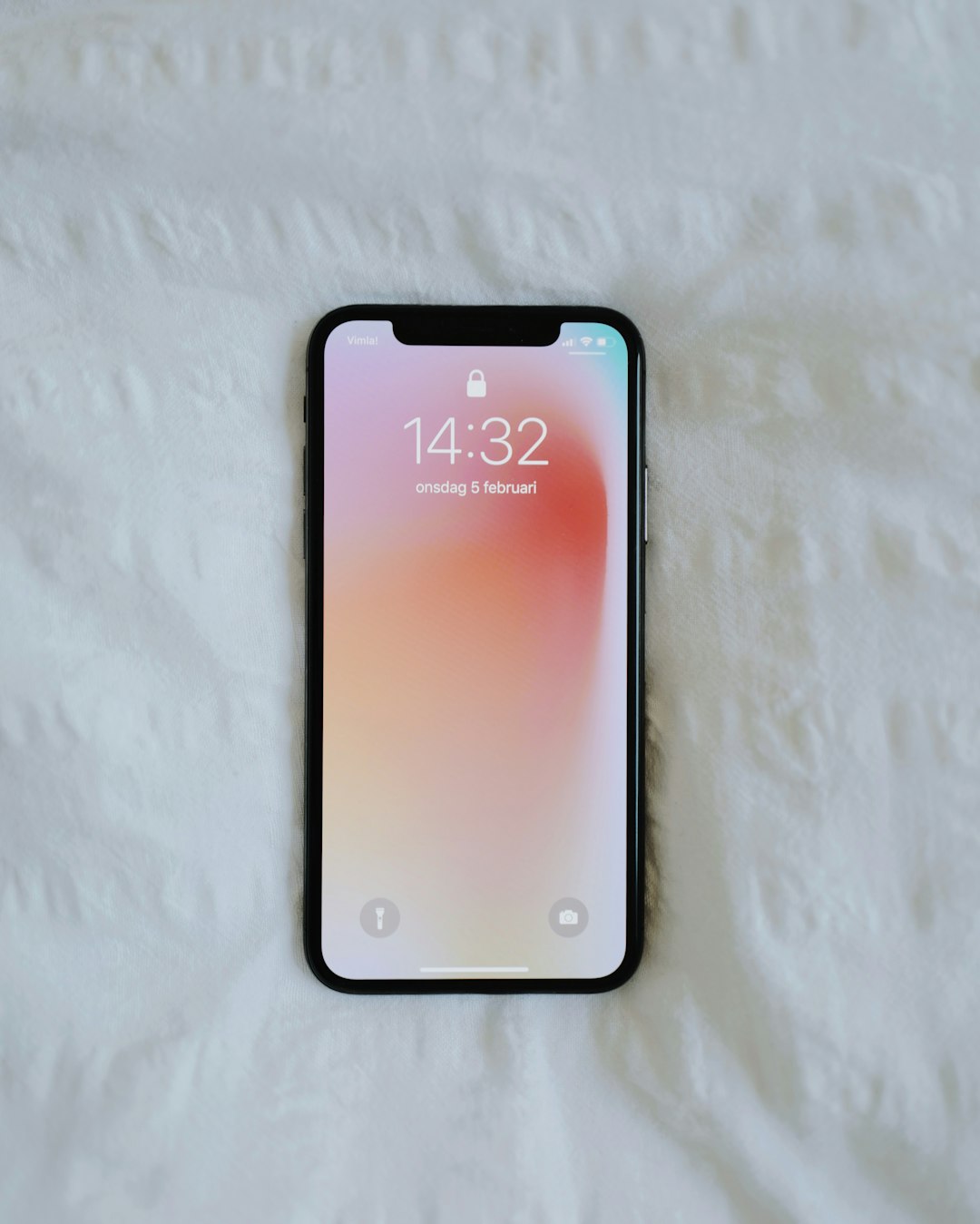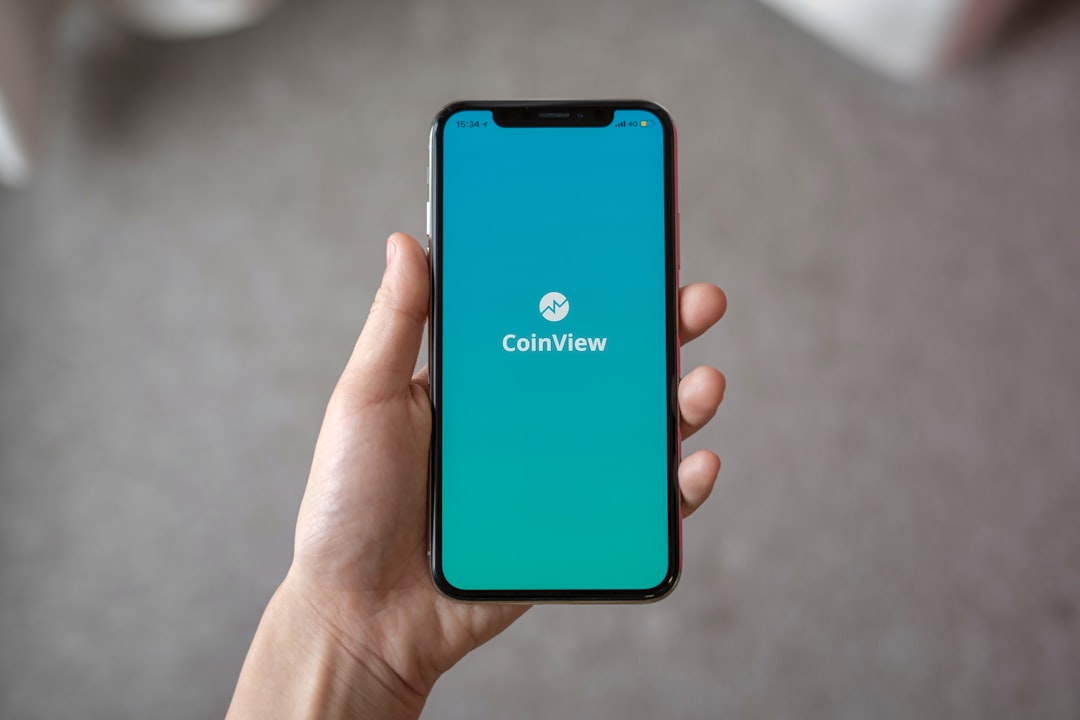“In the bustling metropolis of Phoenix, navigating roads safely has become a growing concern due to distracted driving, particularly texting while behind the wheel. This article delves into the pressing issue, ‘Texting While Driving Ban Phoenix’, exploring its risks and the potential for enhanced road safety. We examine Arizona’s current laws, highlight the necessity of a ban, and guide readers on how Do Not Text Lawyers Phoenix can assist in understanding and adhering to these regulations. Additionally, we offer practical tips to promote safe driving habits.”
Understanding Texting While Driving: The Risks in Phoenix

Texting while driving is a significant concern in Phoenix, Arizona, and throughout the nation. It involves the dangerous act of sending or reading text messages while behind the wheel, diverting one’s attention from the road. This simple action can have devastating consequences, often leading to accidents that result in injuries or even fatalities. Studies show that texting while driving reduces a driver’s reaction time by 300%, making it as unsafe as driving with a blood alcohol content of .08%.
In Phoenix, the risk is further exacerbated by the city’s vibrant and bustling nature. With its busy highways, frequent traffic jams, and numerous attractions, drivers are often in a rush, increasing the likelihood of engaging in distracted behavior. Do Not Text Lawyers Phoenix emphasize that understanding these risks is crucial to changing driving habits. By recognizing the dangers, individuals can make conscious choices to prioritize safety on the roads and avoid the temptation to text while driving.
The Current Laws and Penalties in Arizona for Distracted Driving

In Arizona, including Phoenix, distracted driving is a serious concern and is strictly regulated by law. The current legislation prohibits drivers from using mobile devices while behind the wheel. This includes sending or reading text messages, accessing social media apps, or making calls, except in cases of emergency. Law enforcement officers actively enforce this rule, and those caught violating it face severe penalties. Fines can range from $100 to $500, with potential additional costs for court fees and surcharges. More significantly, a conviction for distracted driving may result in points on the driver’s license, leading to increased insurance premiums.
Do Not Text Lawyers Phoenix emphasize that these laws are in place to ensure road safety. The penalties serve as a deterrent, aiming to reduce accidents caused by drivers diverting their attention from the road. By adhering to these regulations, drivers can protect themselves and others from potential hazards, making the roads safer for everyone, especially when you consider the number of Do Not Text Lawyers Phoenix available should an incident occur.
Why a Ban on Texting While Driving is Crucial for Road Safety in Phoenix

Texting while driving is a significant road safety concern in Phoenix, Arizona, and a complete ban on this behavior is crucial to protect lives. With the constant rise in distracted driving incidents, the impact on public safety cannot be overlooked. Studies show that sending or reading a text message while behind the wheel increases the risk of a crash significantly. Drivers who text are 23 times more likely to get into an accident than those who focus solely on the road. This simple act of checking a message can lead to devastating consequences, including severe injuries and fatalities.
In Phoenix, where traffic congestion is a daily challenge, the potential for accidents only increases when drivers’ attention is diverted. Do Not Text Lawyers Phoenix advocate for stricter regulations to deter this dangerous behavior. By enforcing a comprehensive ban on texting while driving, law enforcement can send a strong message that such actions will not be tolerated. This proactive measure will encourage drivers to stay focused, ultimately reducing the number of accidents caused by distractions and ensuring safer roads for everyone in Phoenix.
How Do Not Text Lawyers Can Help You Navigate These New Rules

In the ever-evolving legal landscape, particularly in Phoenix, the ban on texting while driving has brought about a need for specialized guidance. This is where Do Not Text Lawyers Phoenix step in as invaluable resources. These legal professionals are equipped to navigate the intricacies of this new regulation and ensure compliance. Their expertise lies in helping drivers understand the implications of breaking these rules, which can lead to severe penalties including fines and potential license suspensions.
By engaging a Do Not Text Lawyer Phoenix, individuals facing charges related to texting while driving gain access to tailored advice and representation. These lawyers can educate their clients on the do’s and don’ts of using mobile devices behind the wheel, ensuring that future behaviors align with the law. Their guidance extends to interpreting the ban’s nuances, offering strategies for defense, and mitigating potential legal consequences, thereby fostering a safer driving environment in Phoenix.
Tips to Stay Safe on the Road: Alternatives to Texting While Driving

Staying safe on the road is paramount, and one surefire way to avoid accidents caused by distracted driving is to put away your phone and refrain from texting while behind the wheel. If you need to communicate during your commute, consider these alternatives that don’t compromise your safety:
1. Hands-free Calling: Utilize your vehicle’s Bluetooth connection to make or receive calls without taking your hands off the steering wheel. Many modern cars come equipped with this feature, ensuring you can stay focused on driving while still staying connected.
2. Voice Messaging Apps: Explore voice-based messaging platforms that allow you to send and receive messages using only your voice commands. This technology ensures you keep both eyes and hands on the road while effectively communicating with others. Remember, adopting these safe practices could save lives—including yours. Reach out to Do Not Text Lawyers Phoenix if you have any legal questions or need guidance regarding distracted driving laws.






